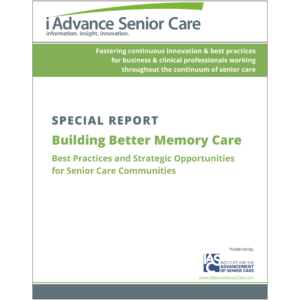Social connections and health
While no one would downplay the risks associated with obesity and diabetes for older adults, who you eat with may be as important as what you eat or how much you exercise. New research from the University of North Carolina at Chapel Hill (UNC) shows the linear importance of social connection across the life span and is the first study to link social relationships to chronic conditions like obesity, high blood pressure and inflammatory diseases.
When it comes to the benefits of friends and social activities, quality matters more than quantity in middle age. But in older age, the more social connections the better, the research noted.
The study, led by Kathleen Mullan Harris, PhD, of UNC and published in the Proceedings of the National Academy of Sciences, used data from four national surveys that, together, cover adolescence to old age. The team evaluated three dimensions of social relationships: social integration, social support and social strain. Social relationship information was then compared to four key markers for death risk: blood pressure, waist circumference, body mass index and circulating levels of C-reactive protein, an indicator inflammation.
"We studied the interplay between social relationships, behavioral factors and physiological dysregulation that, over time, lead to chronic diseases of aging—cancer being a prominent example," said Yang Claire Yang, a professor at UNC-Chapel Hill and a member of the Lineberger Comprehensive Cancer Center, in a university release. "Our analysis makes it clear that doctors, clinicians, and other health workers should redouble their efforts to help the public understand how important strong social bonds are throughout the course of all of our lives."

Pamela Tabar was editor-in-chief of I Advance Senior Care from 2013-2018. She has worked as a writer and editor for healthcare business media since 1998, including as News Editor of Healthcare Informatics. She has a master’s degree in journalism from Kent State University and a master’s degree in English from the University of York, England.
Related Articles
Topics: Activities











